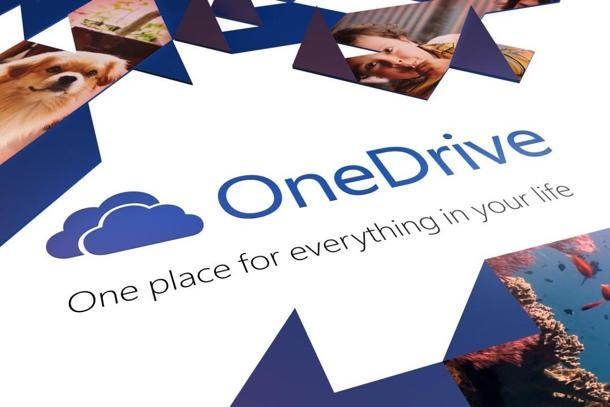
Whether you’re in the market for a new smartphone, or you’re simply looking to make the smartphone you currently own more suited to your needs, one thing that’s important to consider is the amount of storage that you think you might need in a smartphone. There are three different types of storage that you can have in smartphones: internal, external, and cloud storage. If you’re lucky, you’ll have the opportunity to use all three. Despite which one(s) you’ll end up using, though, they’re probably going to end up costing you a little bit of money, so let’s take a look at some of the best deals we can currently find on the market for storage, shall we?
Internal storage is the storage that you’ll be looking at when looking to purchase for a new smartphone. After you purchase your smartphone, this can’t ever be changed or upgraded. Most smartphones today come in 16, 32, and sometimes 64GB variants. Each time the amount of internal storage is increased, the price of the device goes up. These days, not all phones come equipped with removable storage, so it’s good to find out beforehand whether your phone does or doesn’t. If it does, you can probably purchase more storage for less money by using a microSD card; if not, you can still purchase more cloud storage for less money than it would to upgrade your phone to the next highest data allotment.
But it’s also important to consider that cloud storage is neither permanent nor always available offline, so if you’re looking for a more permanent solution to the amount of data but your phone doesn’t support microSD cards, it may be a better investment for you to buy the larger amount of internal storage.
MicroSD cards are a good investment if you’re able to use them, because they’re both cheap and interchangeable. Most phones will support at least up to 32GB microSD cards, many support up to 64GB, and some even support 128GB cards nowadays. However, not all microSD cards are created equal, so I’ve found some of the best priced cards for the best values for you.
128GB Kingston Digital microSD card ($75.74, Amazon.com)
If you want the biggest amount of external data that money can buy, this 128GB Kingston Digital microSD card gives you just that, and at a pretty cheap price. This is a Class 10 microSD card with a 30 mb/s read/write speed, which generally means that you’re going to have a fast and non-laggy experience. Some of the cheaper cards are of lower class and read/write speed, which will do you better when it comes to being wallet-friendly but might frustrate you when it comes to buffering times between loading and reading the card itself.
Transcend 64GB microSD card ($38.99, Amazon.com)
Perhaps you don’t need a 128GB microSD card, but that’s where this 64GB Class 10 microSD comes in. A good, cheaper option for a decent amount of memory but at a lower price. This card reads and writes at 45 mb/s.
SanDisk Ultra 32, 16, 8, and 4GB microSD cards
There are a lot of varying prices at different places for these cards, but it’s important that if you want the fastest experience possible to get the “Ultra” version of the SanDisk microSD cards. These are the class 10 versions. Any of these three cards shouldn’t cost you more than $20, even with the Ultra name attached to them.
Cloud storage is still a new and relatively strange concept. Cloud storage basically takes your data and stores it in a “cloud”, or a network hosted by different companies. You’ve probably heard of companies like Dropbox, OneDrive (formerly SkyDrive), iCloud, Amazon Cloud, Google Cloud storage and more. Most of these companies will give you a certain amount for free, but you can also purchase bigger allotments of data if you wish.
Google Cloud (Free - $14.99/mo.)
Google Drive will be the cheapest option by giving you 15GB for free initially, but only charging $1.99 a month for 100GB of storage. You can get 1TB for $9.99 a month, or even 10TB for $99.99 a month (good for big businesses).
Copy (Free - $14.99/mo.)
Copy is a good option as well, although not as many options. 15GB is free, like Google Drive; 250GB is $9.99/mo.; 500GB is $14.99/mo.
Microsoft OneDrive ($4.49 - $11.49/mo.)
OneDrive is especially good if you have a Windows-centric gadget collection. 50GB is $4.49/mo.; 100GB is $7.49/mo.; and 200GB is $11.49/mo. OneDrive is integrated with all Windows products, and support is also through Microsoft so that might help with the increased prices.
So there you have it; some of the best prices and the best options for storage when it comes to your mobile devices. Fortunately, we live in an age when coming by massive amounts of storage isn’t usually an issue, and with cloud storage in the picture even the lack of external storage options in some phones aren’t an issue anymore.
Images via Gazelle, Microsoft